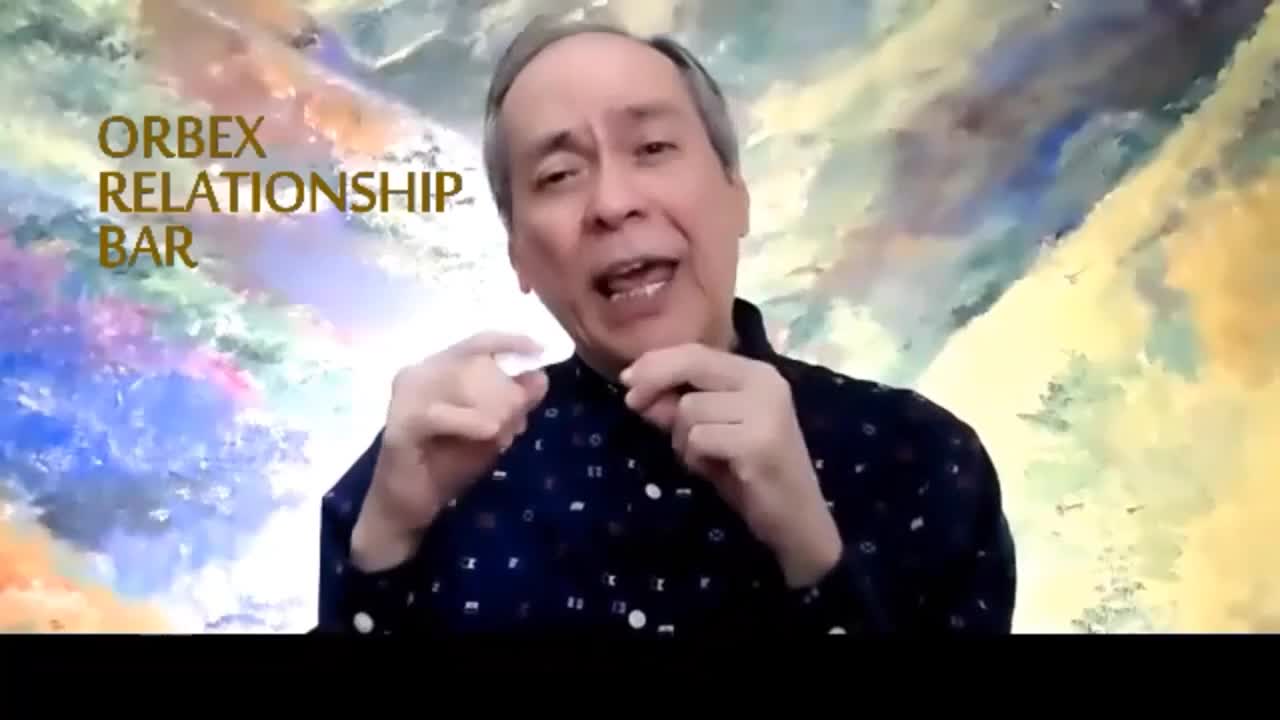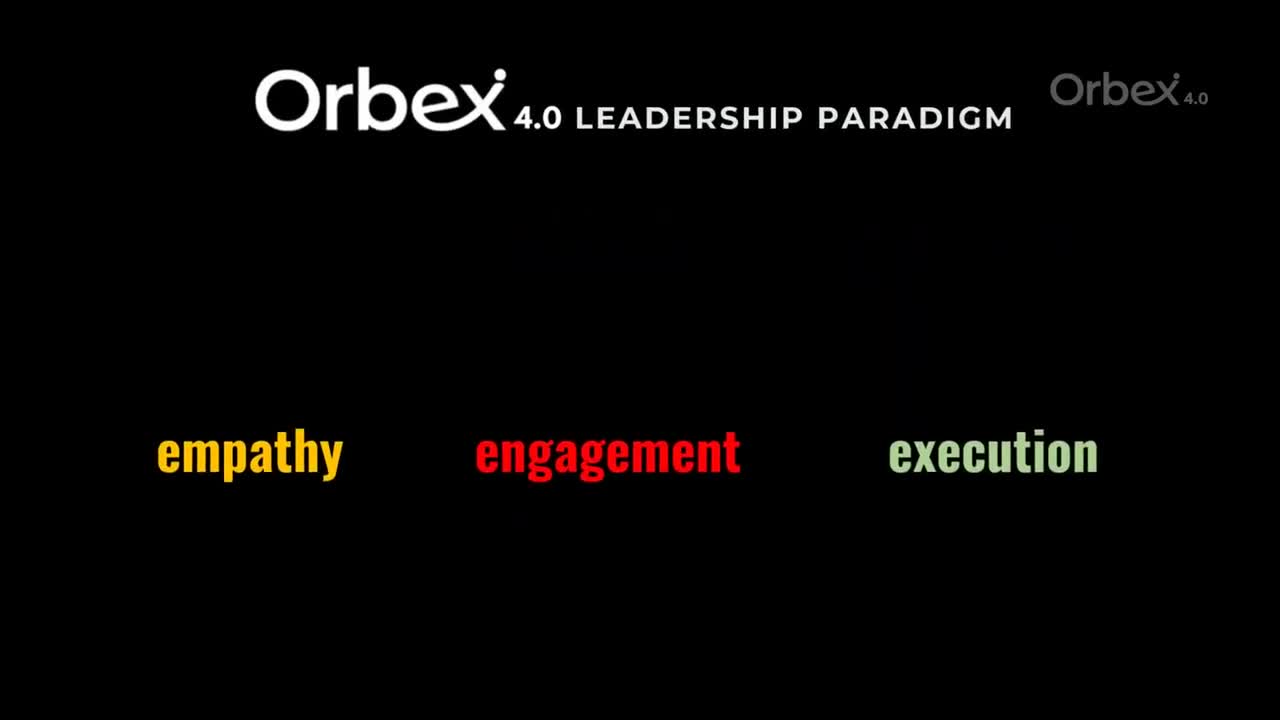CAPTION
In the digital economy Leaders need to cultivate a winning team culture where teams createvalue even remotely in a network organization with personal power they lead people with position powerthey manage work they know the difference So they manage by head to enforce orderand lead by heart to stoke morale They adapt their leadership style to the worksituation They nurture relationships with the right enablers to promote agile team performance not individual performance to do itwell they hone three critical skills empathy engagement and execution In the previous episode you learn to reflect on assessand track growth of the quality of your relationships Using the ABX 4.0 relationship bar yourteam can use this simple tool to stoke the energy of shared purpose When used by allyour teams to strive for five your company will cultivate a corporate culture that strives for excellence Inthis episode you will learn the four stages of team development that correspond to the levelsof effectiveness or success that your team can achieve Depending on the written and unwritten norms thatyou cultivate the Abex relationship bar can help you to understand to choose and todevelop the right norms for your winning team Let us start by learning the fourstages of team development The psychologist Bruce Tuckman came up with the memorable phrase forming storming norm and performing ina 1965 paper developmental sequence in small groups is what he called it His work describes very wellthese four stages of development that correspond to the increasing levels of effectiveness or success that your team can achieveStage one forming forming starts at the first meeting goals and standards are discussed and agreed key performanceindicators objectives and key results are defined roles and responsibilities work processes progress reports tosubmit schedules to follow technologies to use And if there are any they review the relevantvalues to uphold as a team in the orb X relationship bar teams start the forming stage withthe unity of space and quickly engage in unity of thought as they agree on the elements that makeup your team Charter members generally look for and are pleased when they find that they have certainsimilarities at this stage The same school the same hometown common friends problems do notusually come up at this stage of development On the contrary excitement and eagerness to workare common Often unexpectedly the unity of thought spills into the storm in the storming stage The leaderand members of the team discover hate they have differences and they discovered that forthe first time it could be as simple as a difference in terminology that they usemay maybe the same words with different meanings or vice versa That's not what we called it In my previousjob it could be expecting something to get done in a certain way but isn't orexpecting something to get done sooner Like doesn't miscommunication differences of perception differences of pace accuracy or oreven neatness all of them trigger tense moments that could easily escalate into conflict What willthe leader do and how will members address these potential conflicts Differences are addressed in thenext stage called norm Generally speaking few people are willing to change their ways ofthinking and doing things too easily In the stone age our reflex was either fight orflight In the digital age You might want to add ignore you know sweep it under thecarpet you don't have car set aside Arguably it is a form of flight So how will a difference besettled when solving a problem and different ideas are expressed How will it be decided Will it beby idea autocracy You remember that in Indonesia We have a we have a we saying it wesay Sdo Pandi to ratu The queen has spoken after the queen speaks It's quiet Will it be idea democracyLet's vote on this idea bureaucracy escalate or will it be idea meritocracy So the team'snorms are formed during this norm stage the leader plays a very important role the final stageof team development is called performing It is simply the outcome of the norms that were chosenpreviously chosen consciously or subconsciously In our remake of Pacman's model we show progressively higher levels of the effectiveness forunity of thought unity of context and unity of spirit Will your team strive for five for the unity ofspirit to perform at their highest level of effectiveness Is there a checklist of normsthat winning teams need to cultivate a ag team performance Find out in this episodeyou learn the four stages of team development How forming inevitably leads to storming how unwritten normsformed by the team to manage their differences will determine how the team performs andhow the team can use the orbs relationship bar to stoke the energy of shared purpose to perform atthe highest level of effectiveness with unity of spirit In the next episode you will learnthe five dictums of a winning team The five victims will help you understand the key rolesthat team leaders perform to build winning teams that go beyond results
![]()


